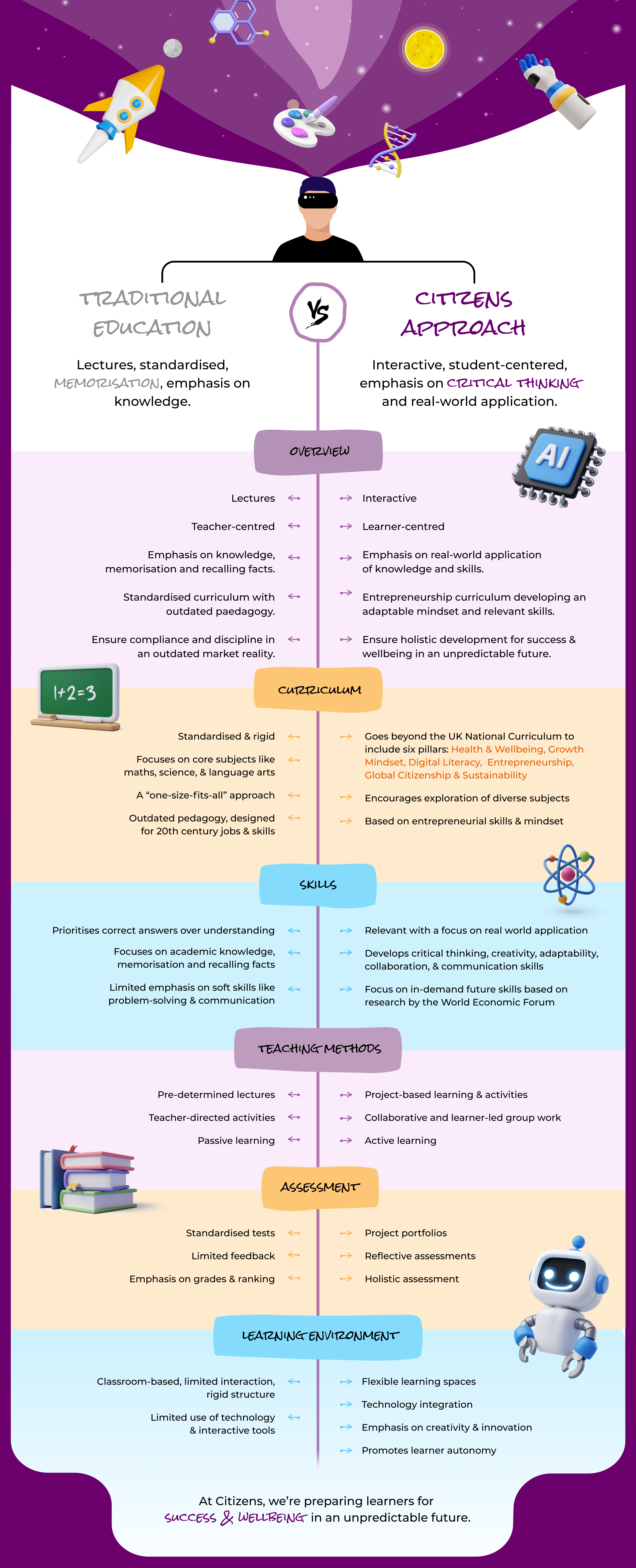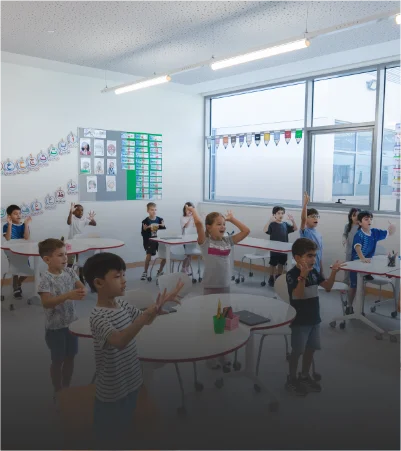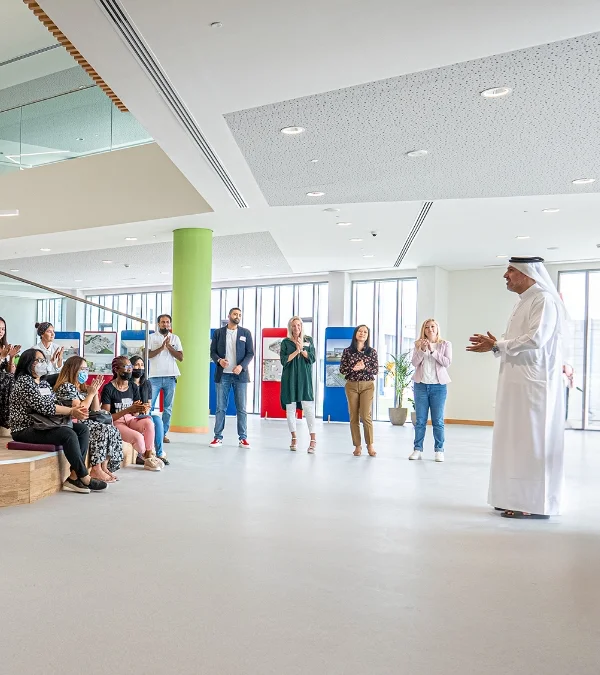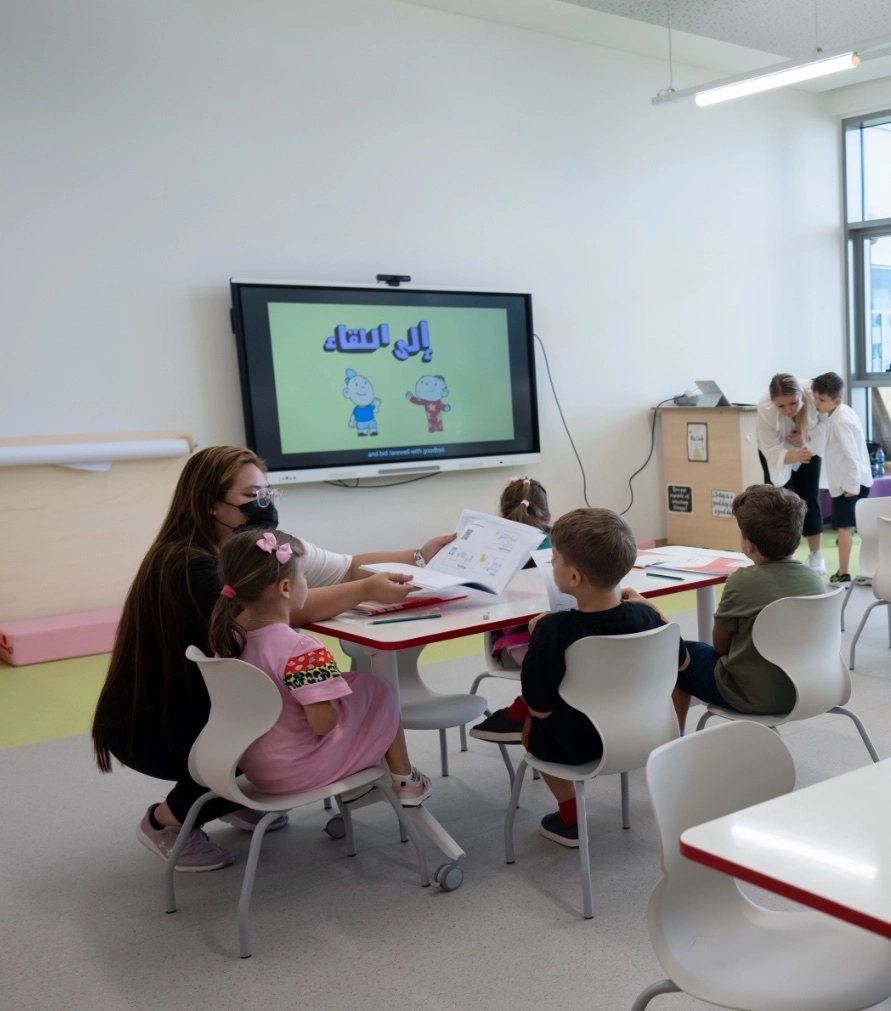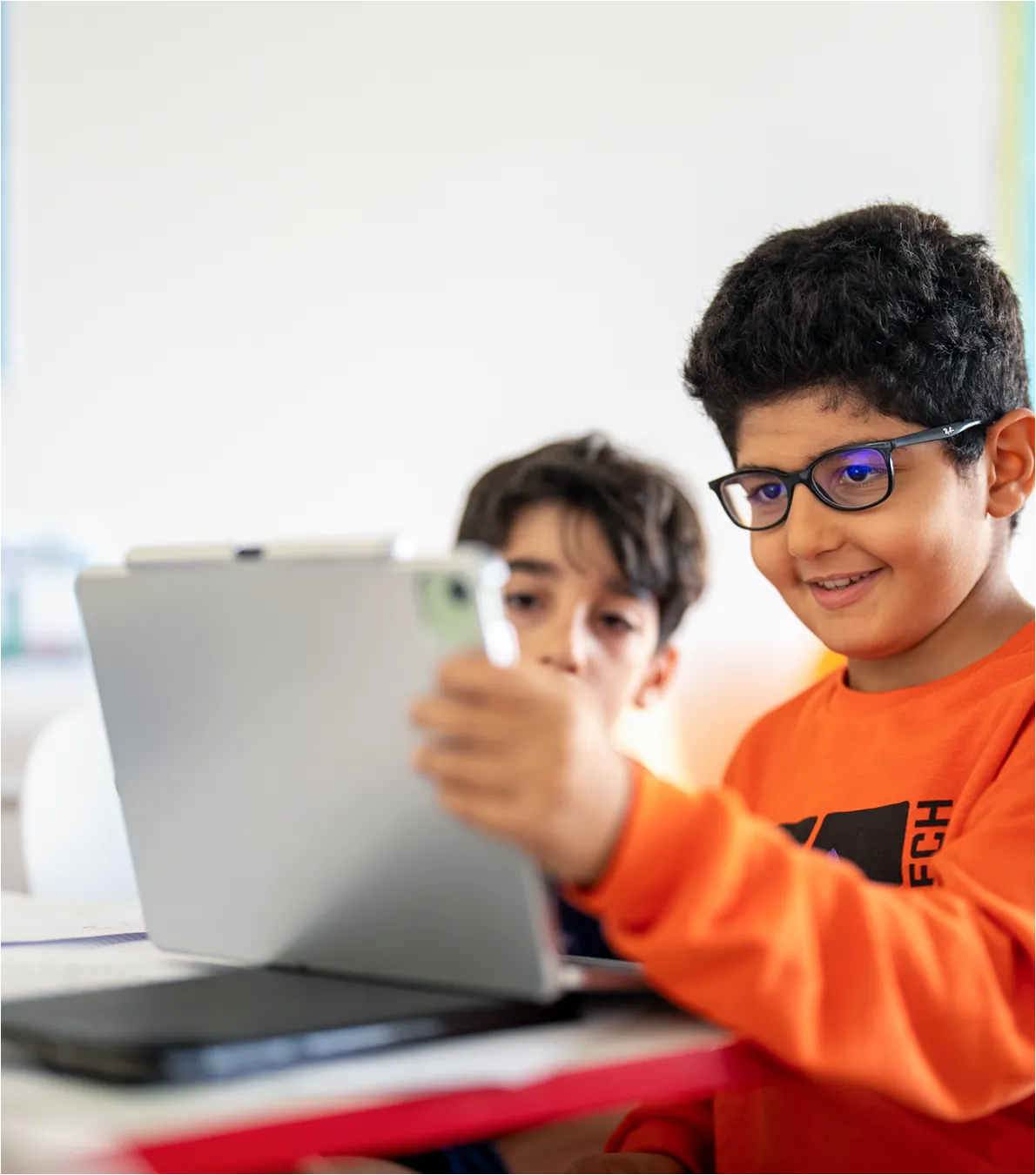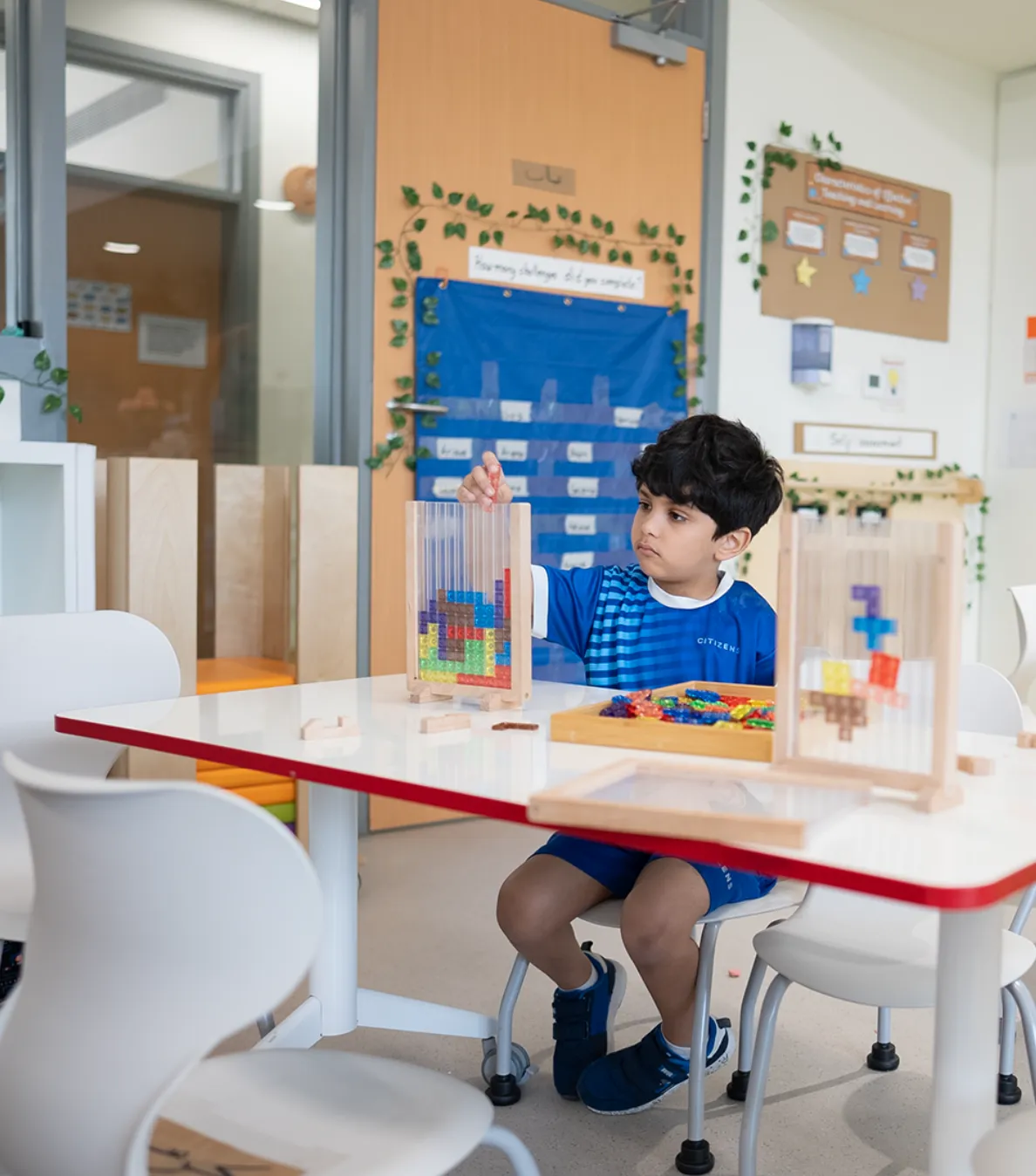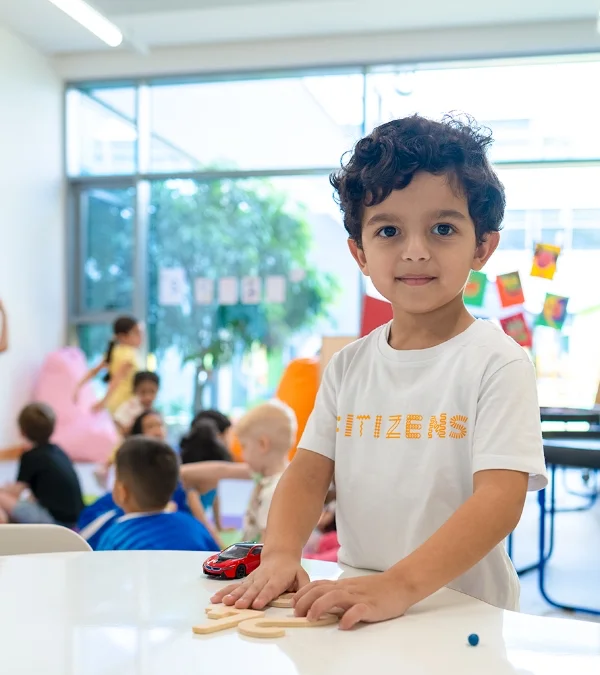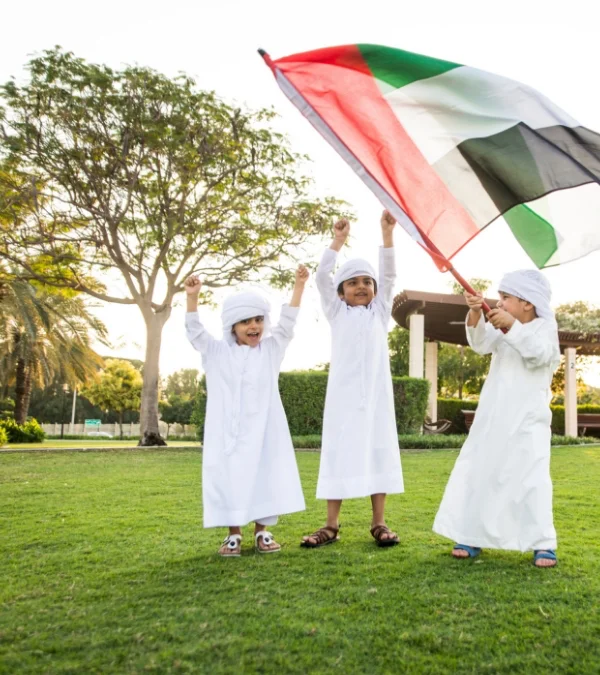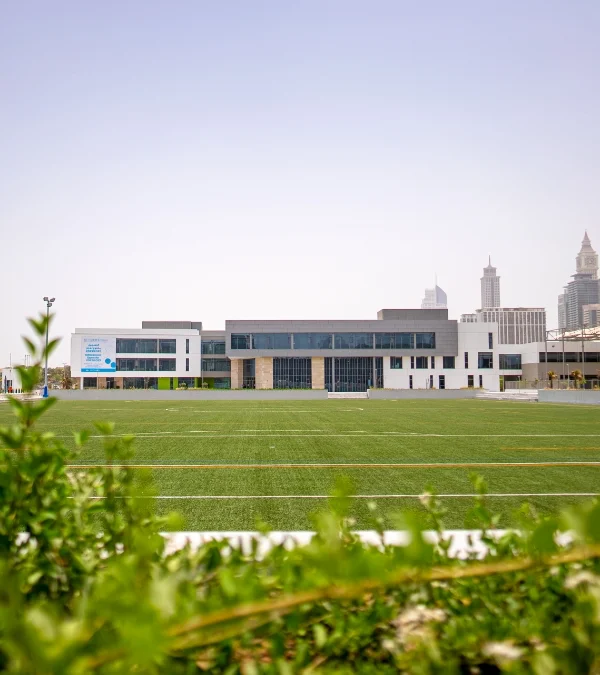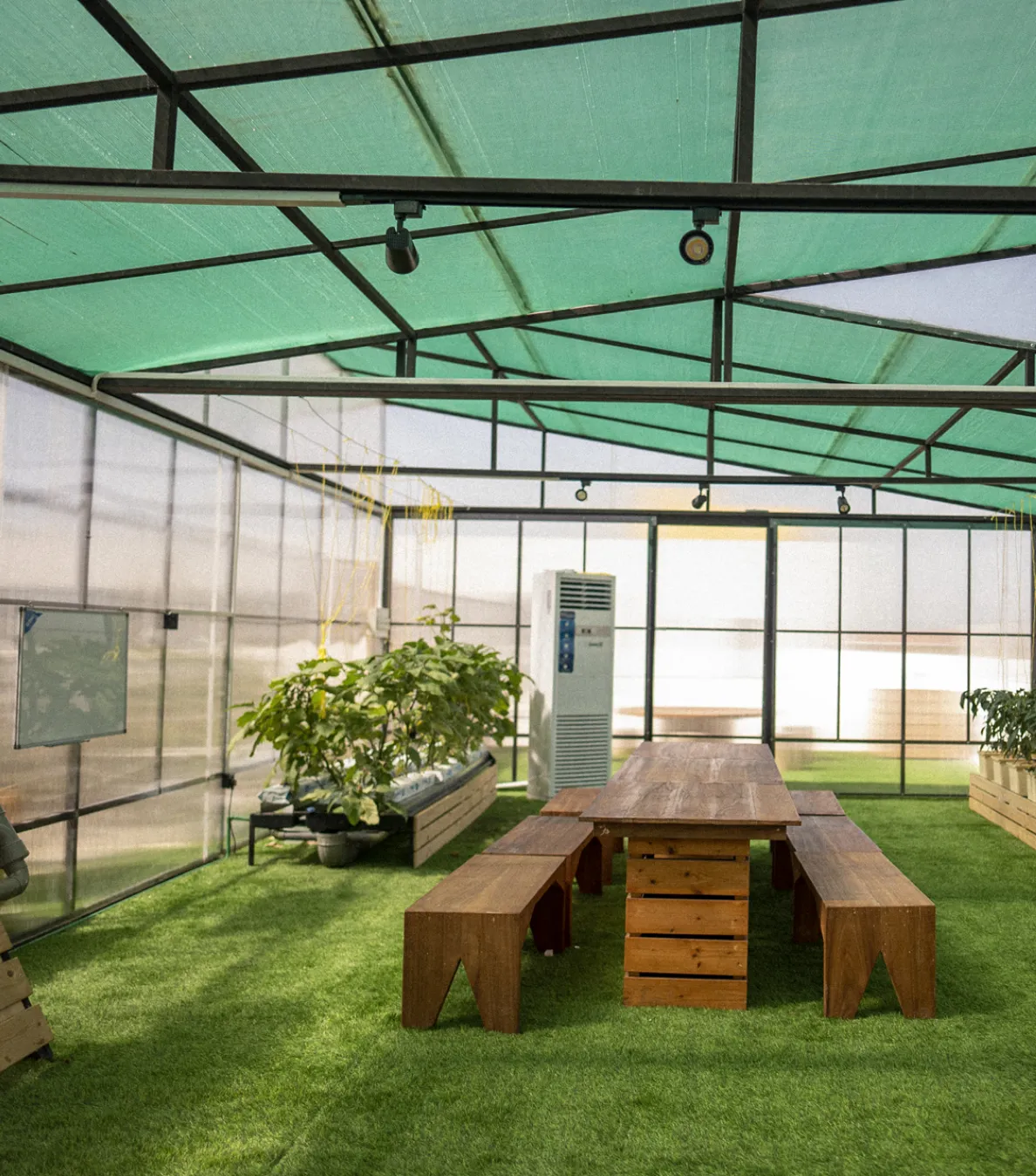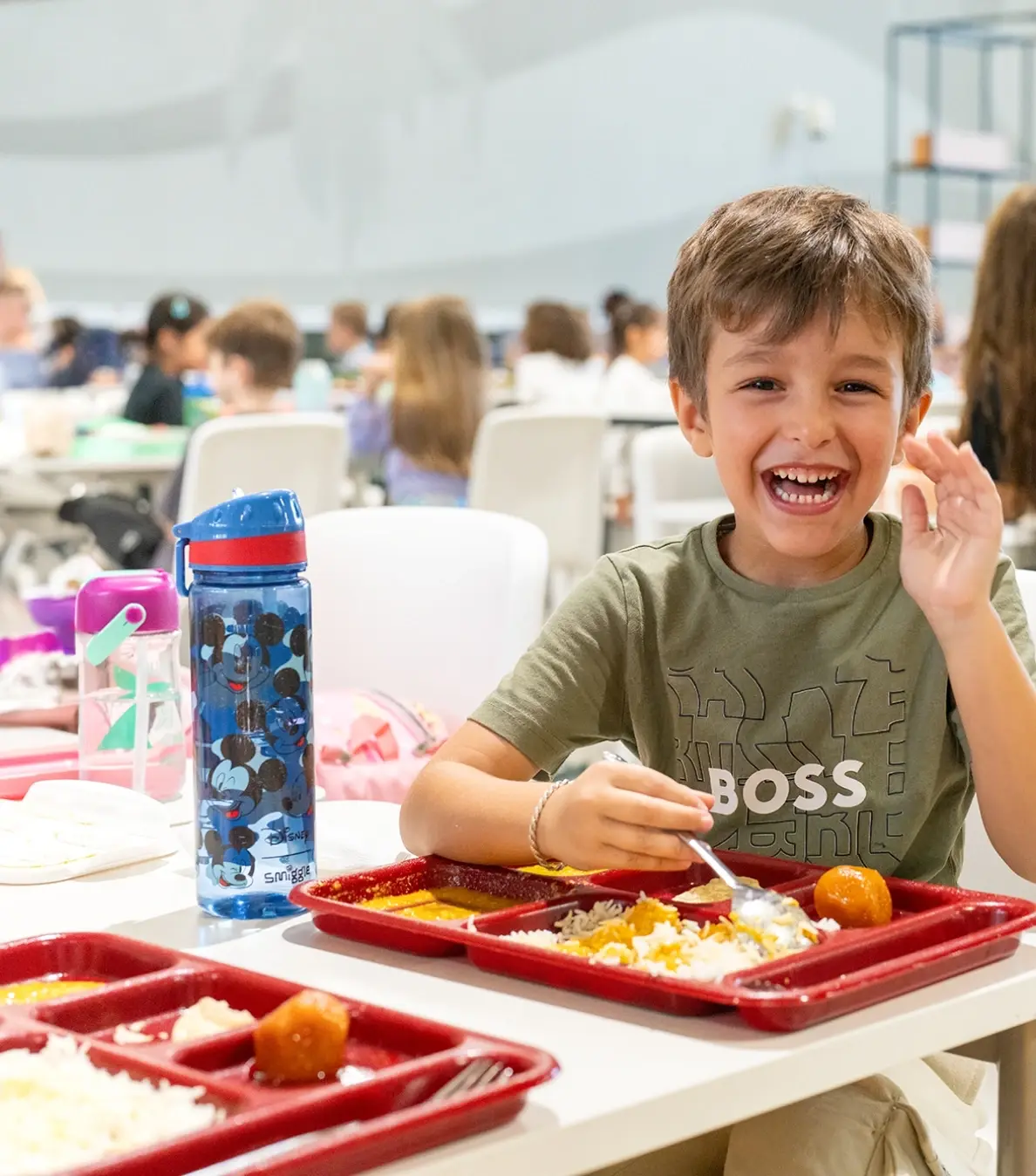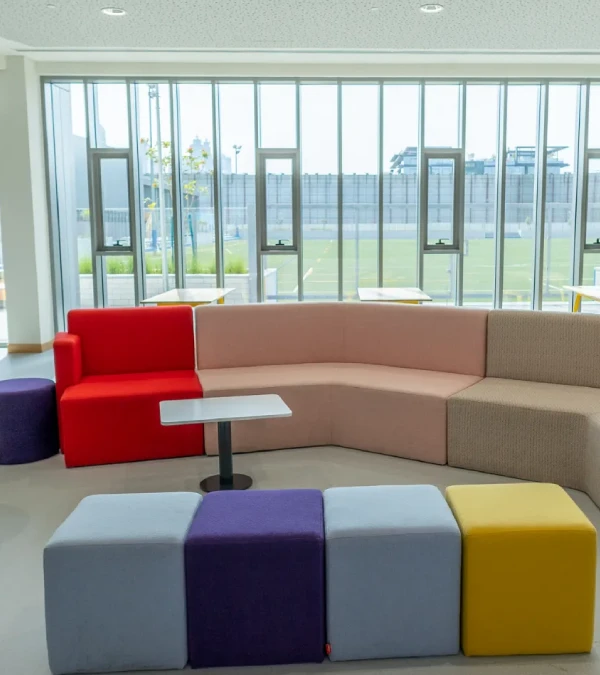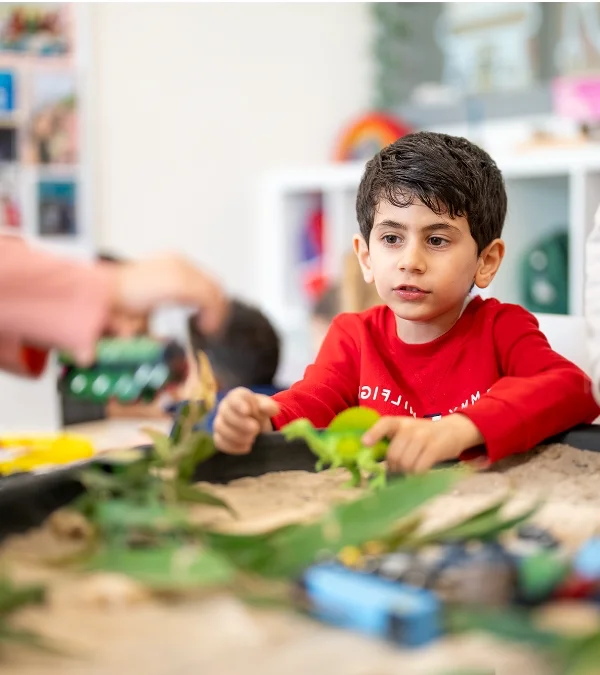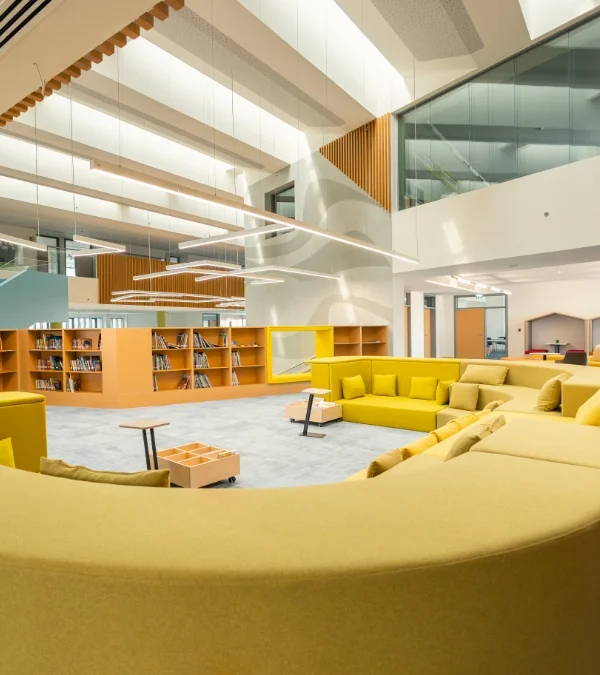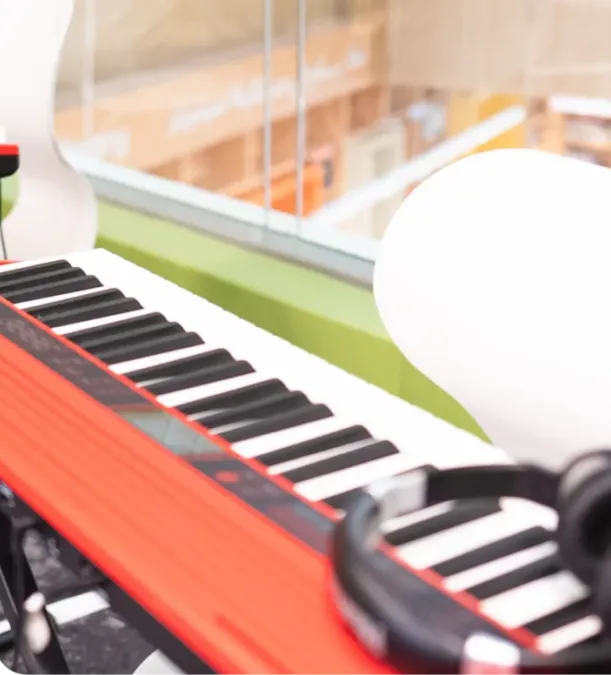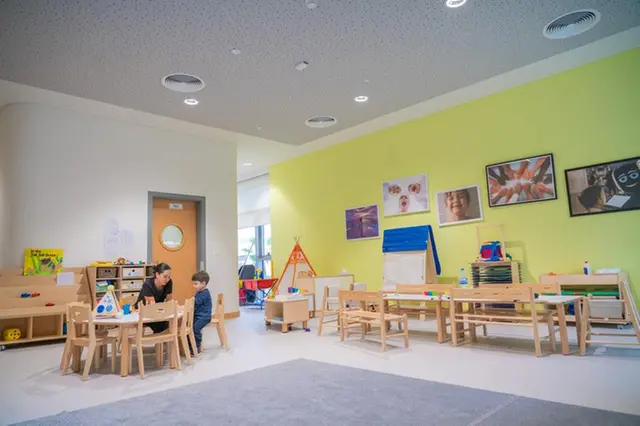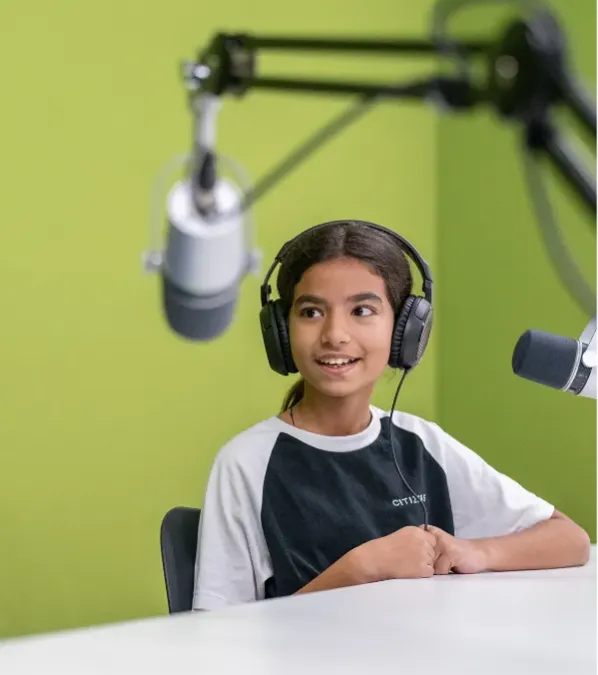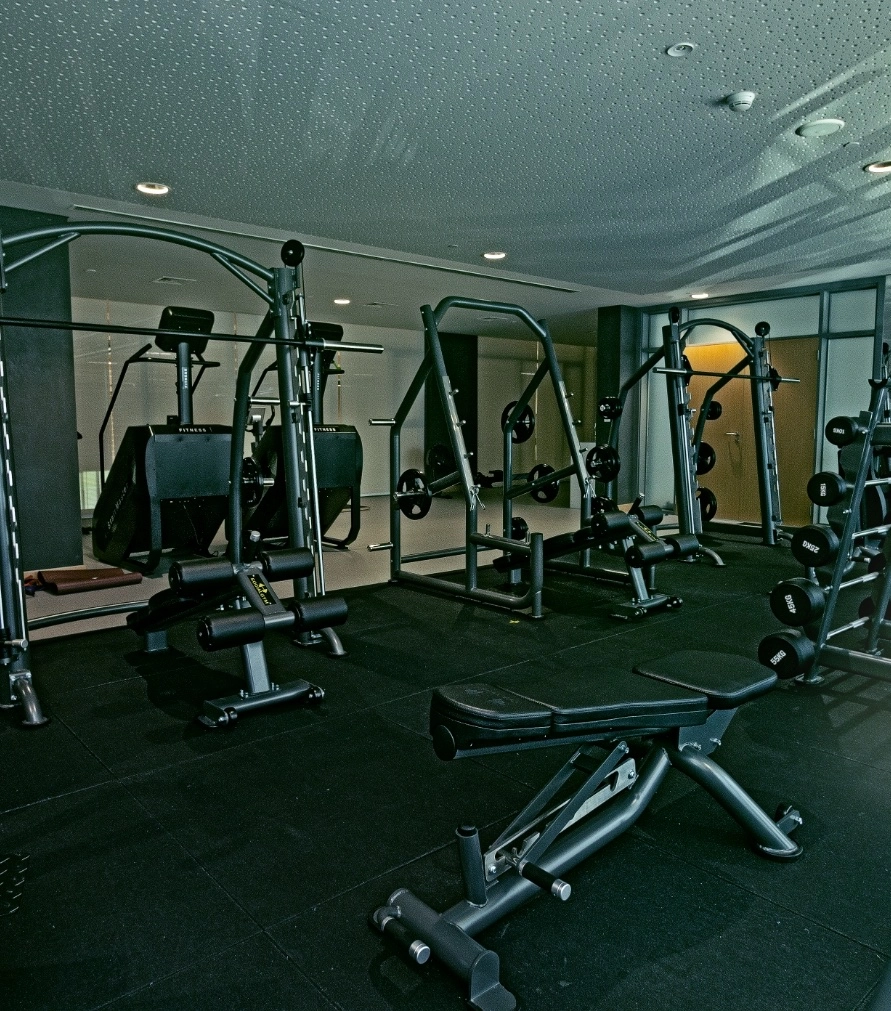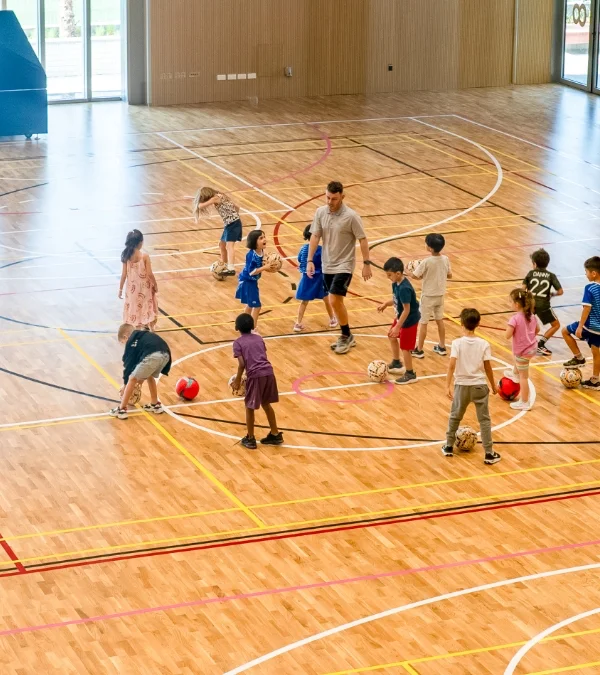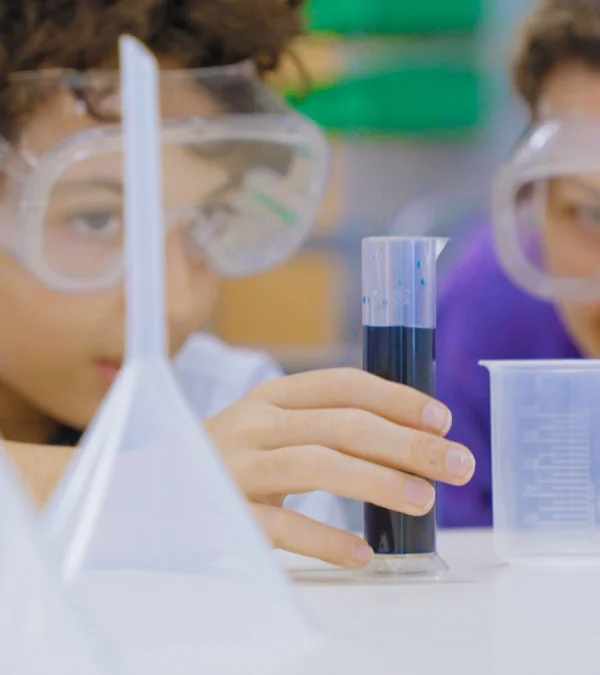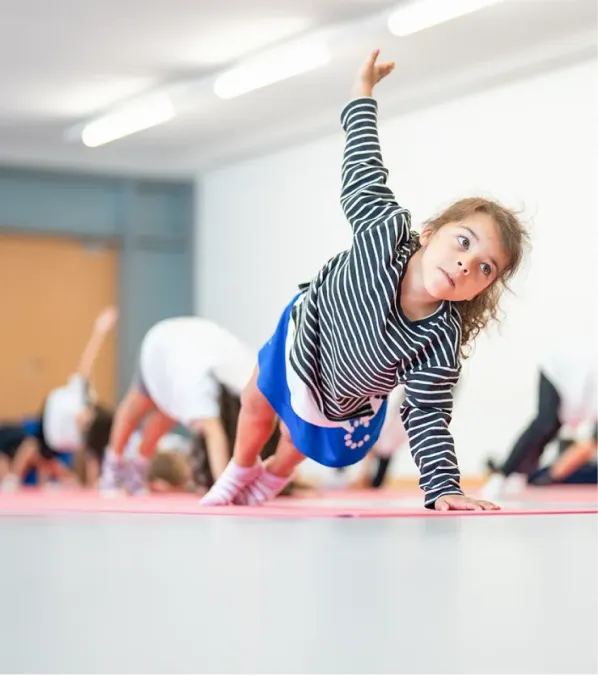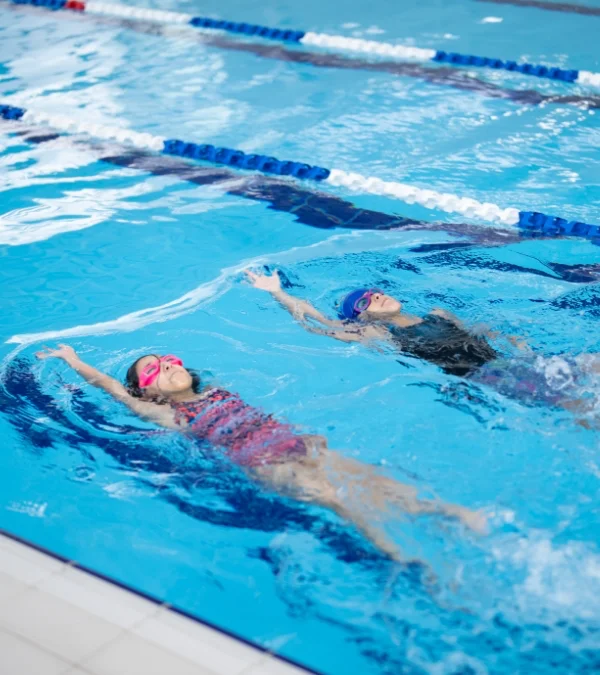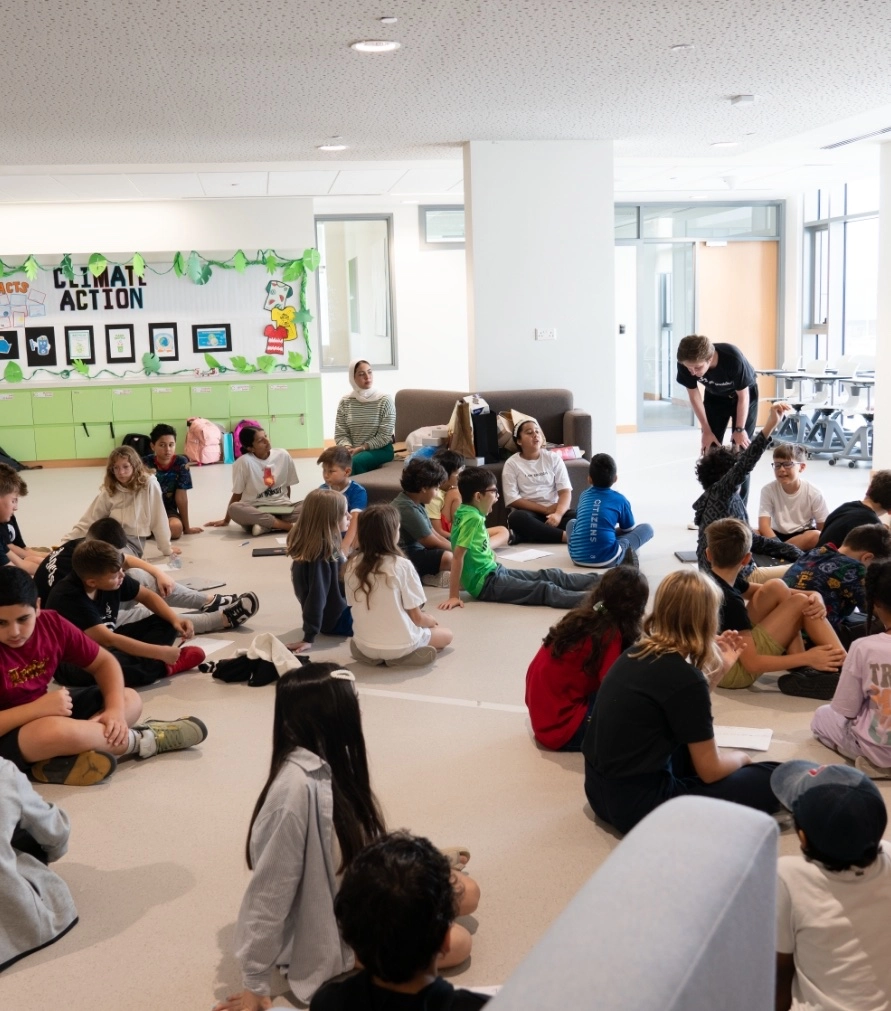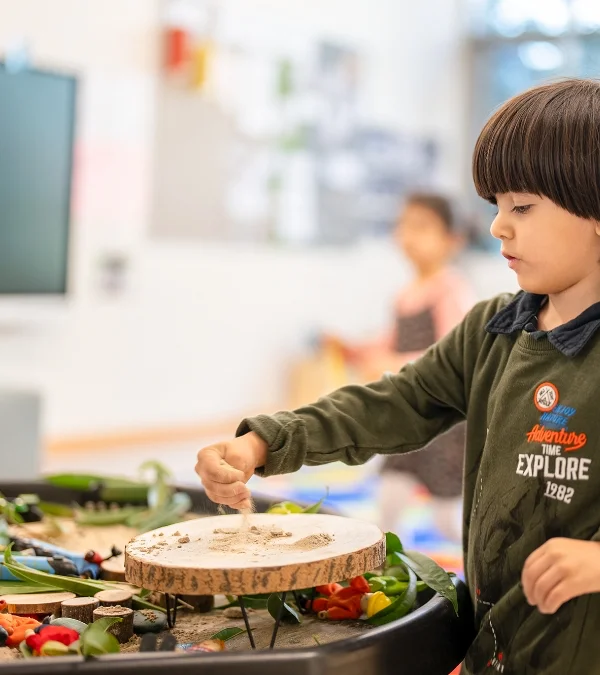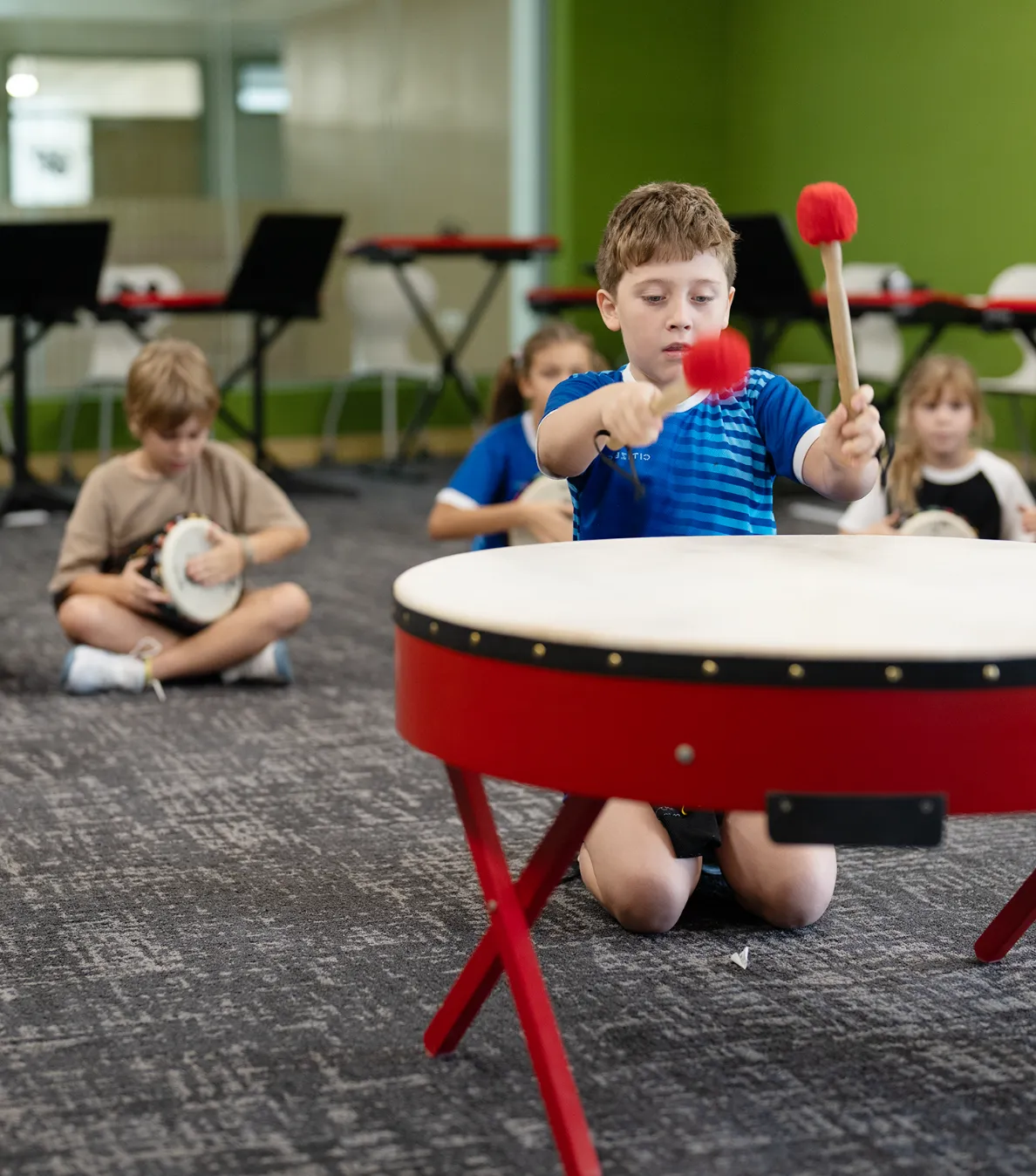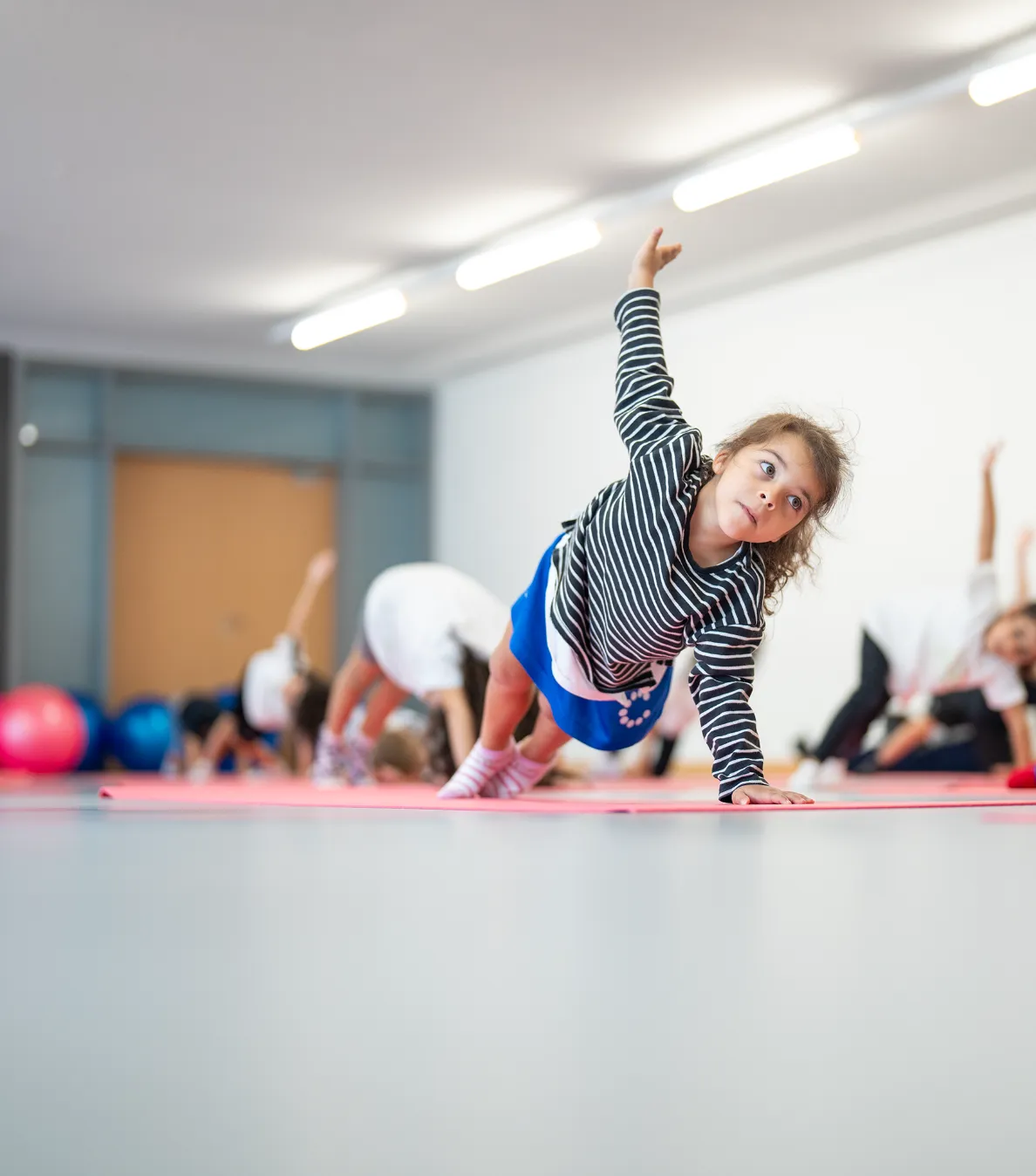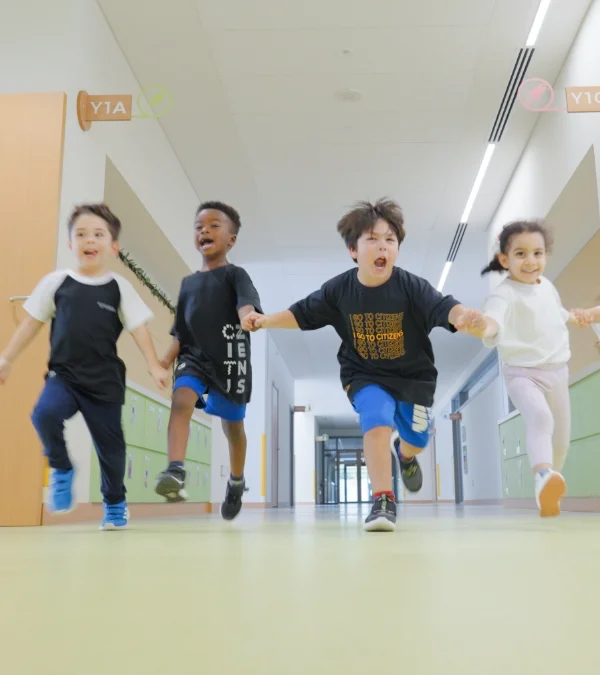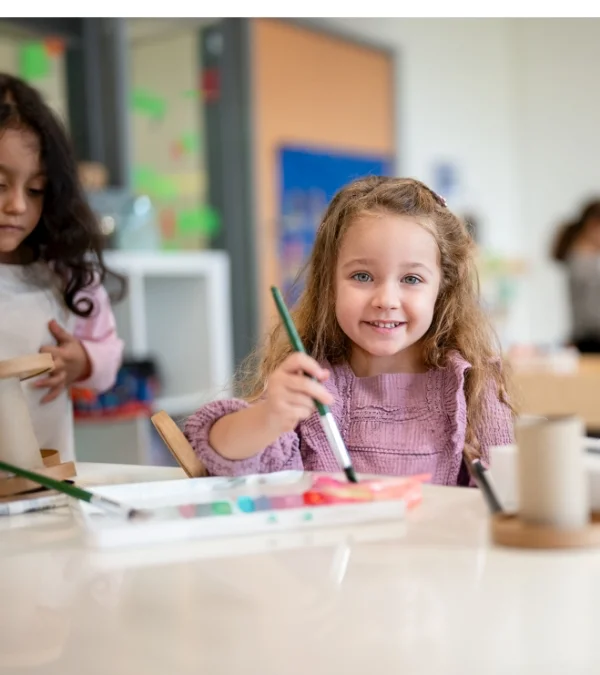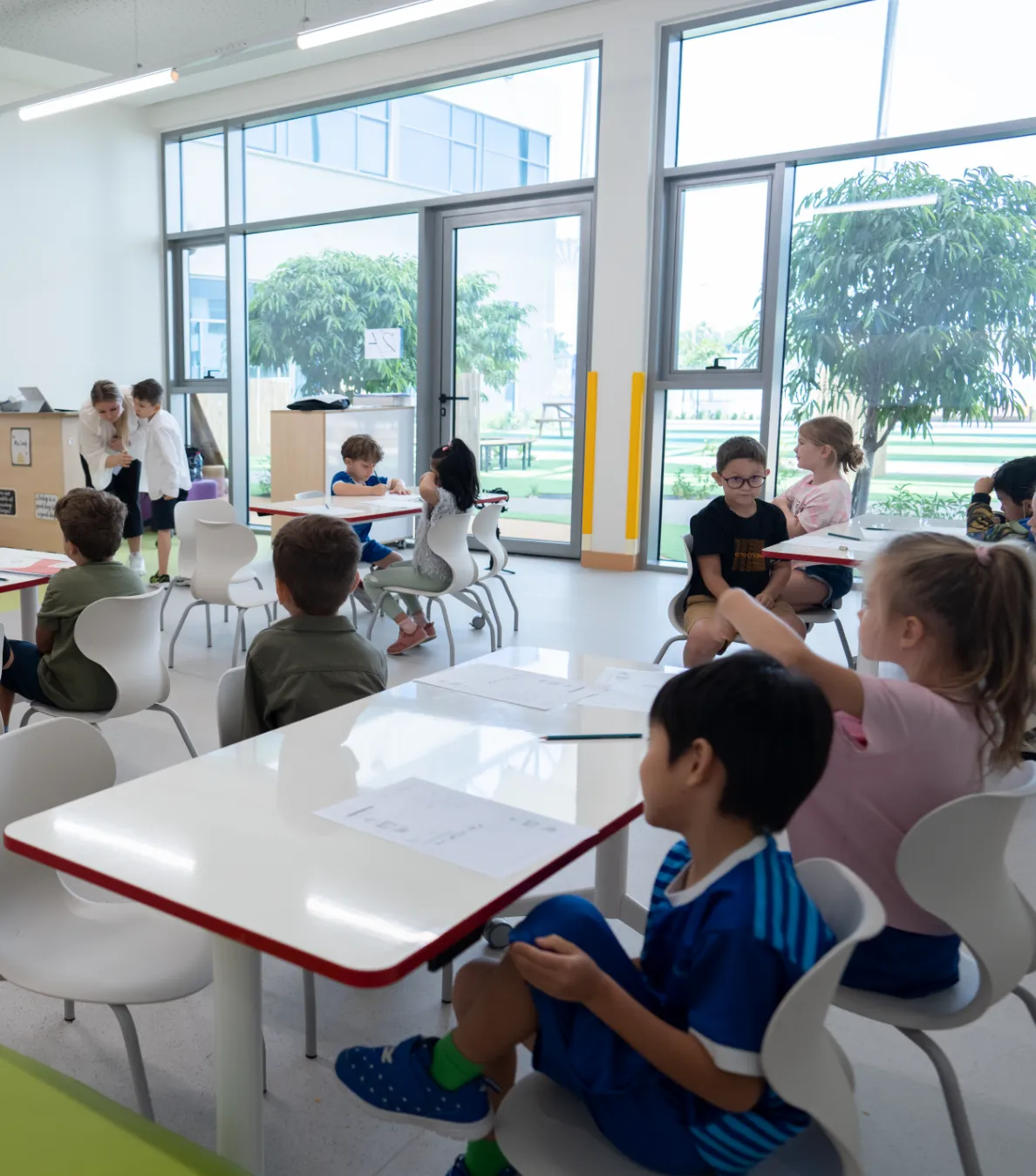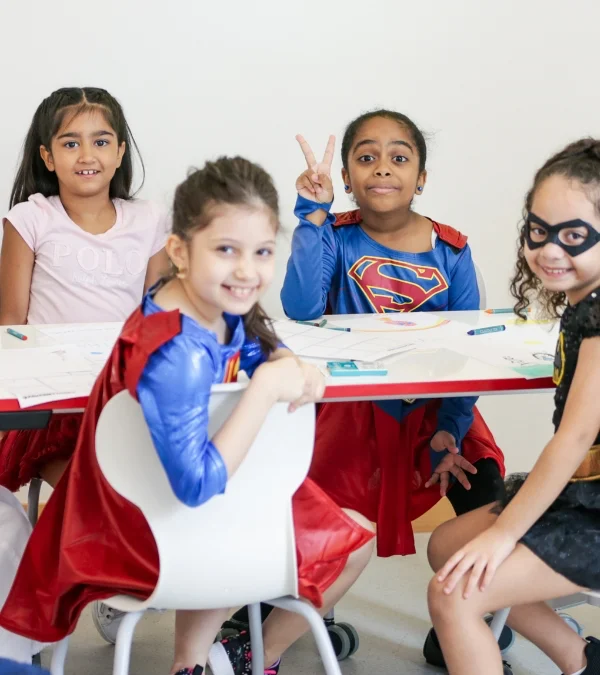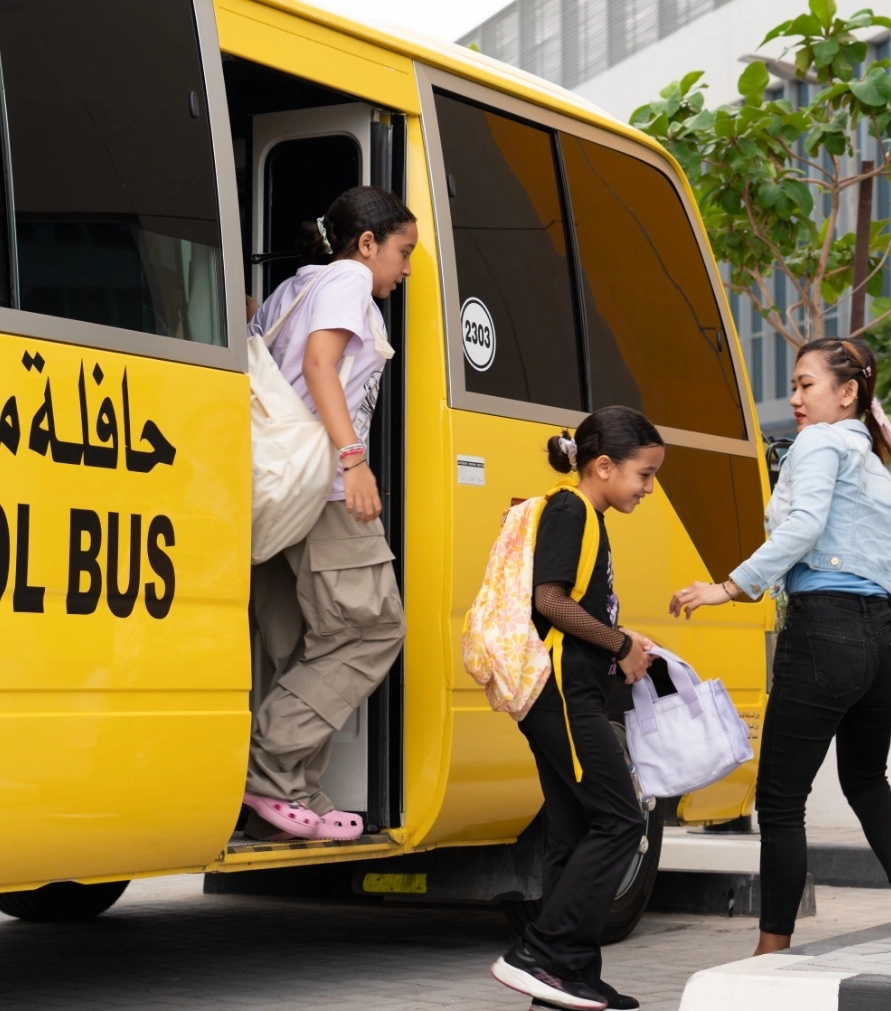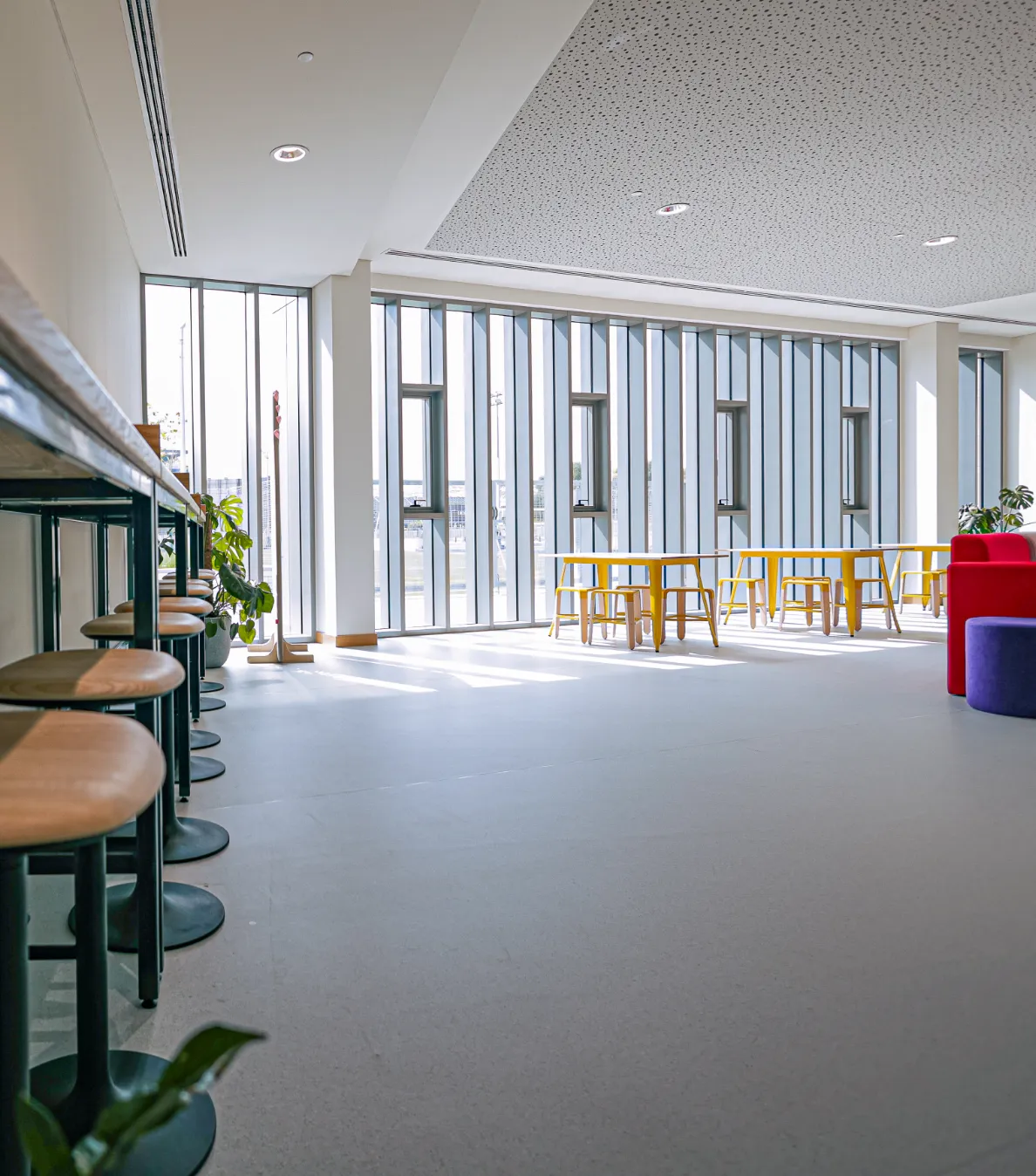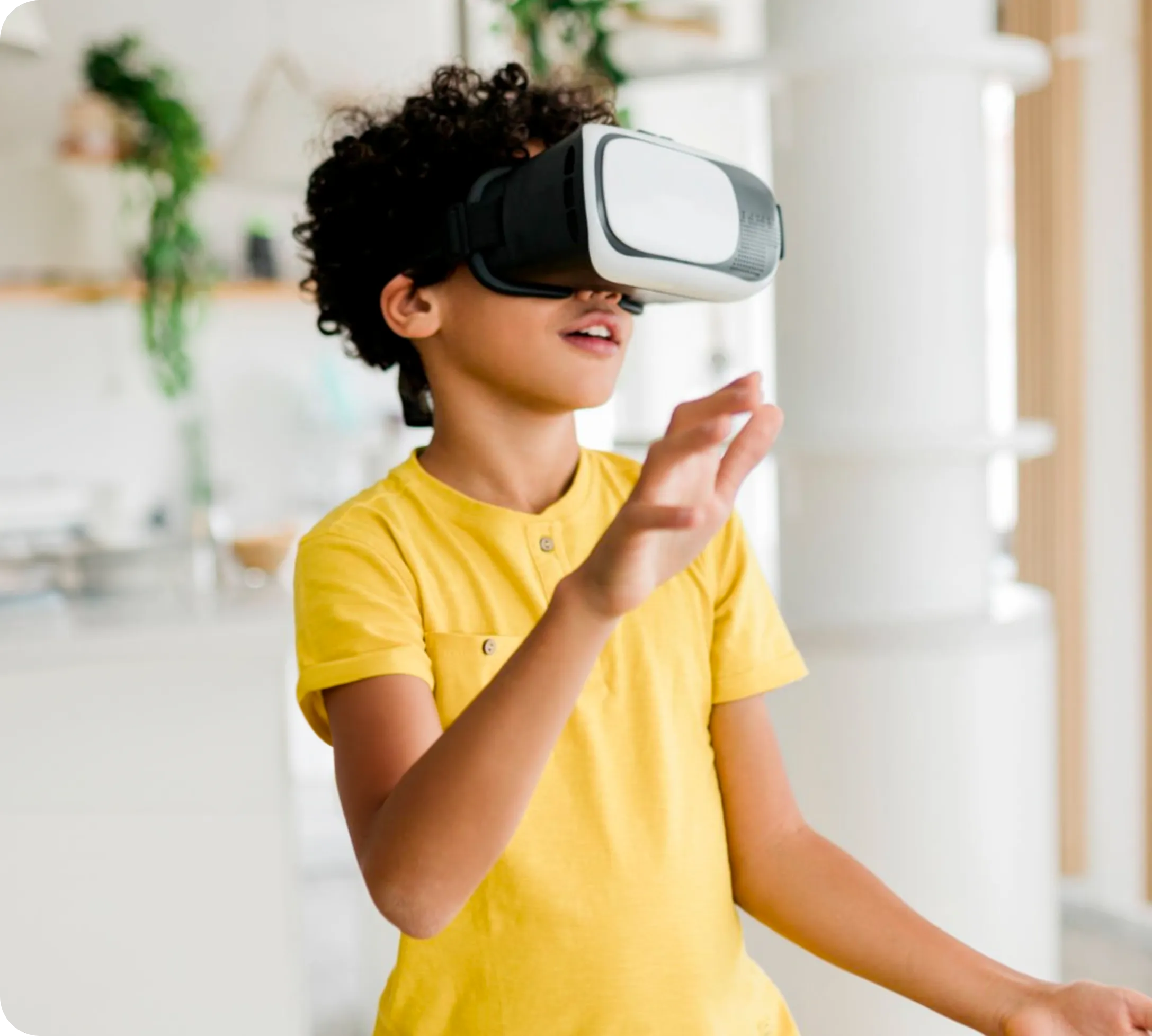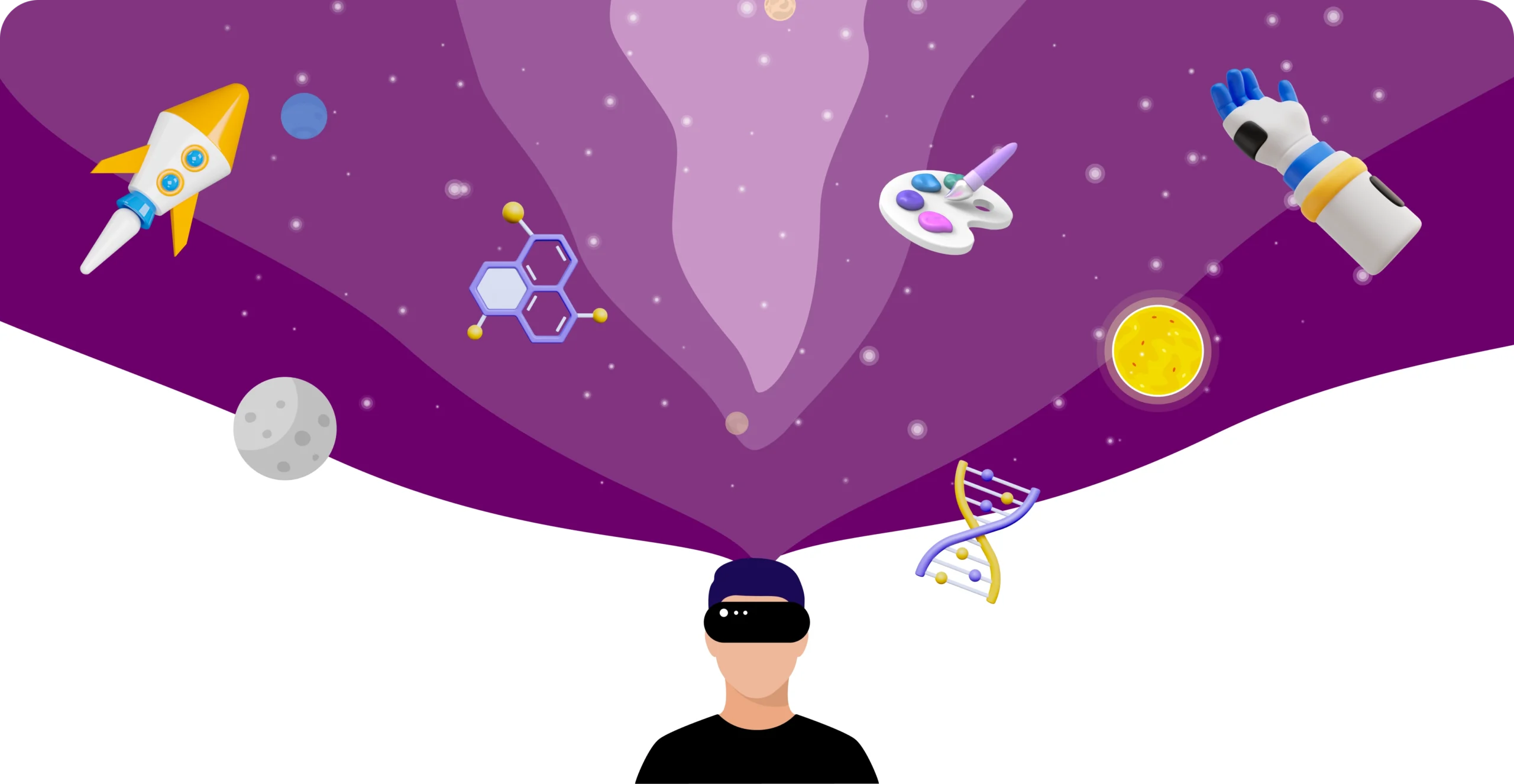
Traditional Education Versus the Citizens Approach: Rethinking Education for the Future
The purpose of education has changed significantly over the years. In the past, it focused on teaching basic skills that workers needed in an industrial age. However with rapid technological advancements and AI, the skills needed to succeed in the workplace are changing, and so should our approach to education. Nowadays skills like critical thinking, creativity, and adaptability are essential for future success.
Citizens School was built with the vision of rethinking education to align with global changes. The goal is to provide children with a holistic experience that prepares them for future success. This is done through Citizens’ Future Framework, a custom framework based on the World Economic Forum that emphasises creativity, problem-solving, global understanding, and business skills. The framework revolves around project-based learning and hands-on activities to promote collaboration and communication among learners. By focusing on real-world application of knowledge and skills, Citizens School prepares learners for success and well-being in the future.
An Overview of the Traditional Approach and Citizens’ Approach
The Traditional Approach
Traditional education focuses on imparting basic skills and knowledge through lecture-based teaching. The classroom is teacher-centred and the emphasis is on memorisation and recalling facts. Students are evaluated primarily through standardised tests and grades, with a rigid curriculum designed for the traditional workforce.
The Citizens Approach
At Citizens School, we take a learner-centred approach that goes beyond the traditional curriculum. Our approach emphasises the real-world application of knowledge and skills, with the goal of preparing learners for success and well-being in an unpredictable future. We help learners develop a resilient and adaptable mindset through hands-on experiences and collaborative projects, and we focus on critical thinking, creativity, and adaptability.
Key Differences Between the Traditional and Citizens’ Approach
Teaching Methods
Traditional education relies on teacher-directed instruction and passive learning. In contrast, the Citizens Approach promotes active learning through project-based activities and collaborative group work, fostering creativity and innovation.
Assessment
Traditionally, students are evaluated with standardised tests and grades. At Citizens School, we assess learners through project portfolios, presentations, and reflective assessments. We focus on celebrating growth and learning from our mistakes.
Learning Environment
Traditional classrooms are usually set up with limited interaction and a rigid structure. At Citizens School, we provide flexible learning spaces that integrate technology, and we emphasise creativity, innovation, and learner autonomy.
Subject Matter
Traditional education focuses on core subjects like maths and language arts. The Citizens Approach extends beyond the core subjects to include the six pillars of the Future Framework: Health and Wellbeing, Growth Mindset, Digital Literacy, Entrepreneurship, Global Citizenship, and Sustainability. Learners engage in entrepreneurship projects where they gain valuable skills in communication, teamwork, and innovation.
Building the Future
The Citizens Approach represents a new direction in education. By focusing on relevant skills and preparing learners for real-world challenges, Citizens School is redefining education for the future.
To see how the Citizens Approach in action, contact us at +971 50 237 7273 or future@citizens.me.
